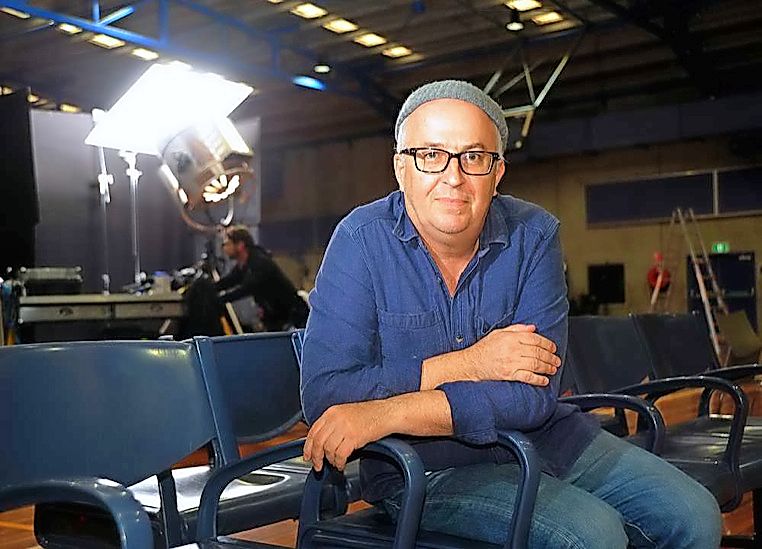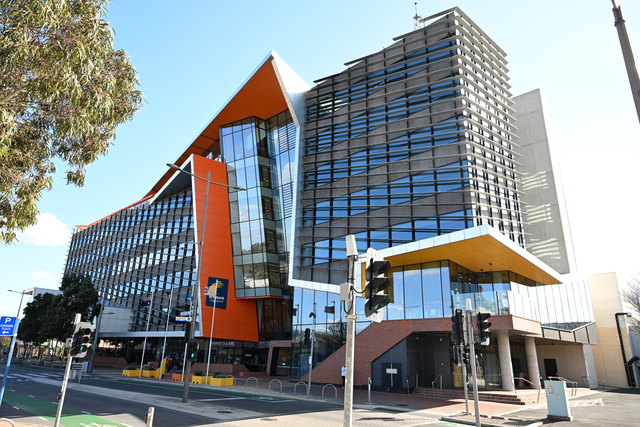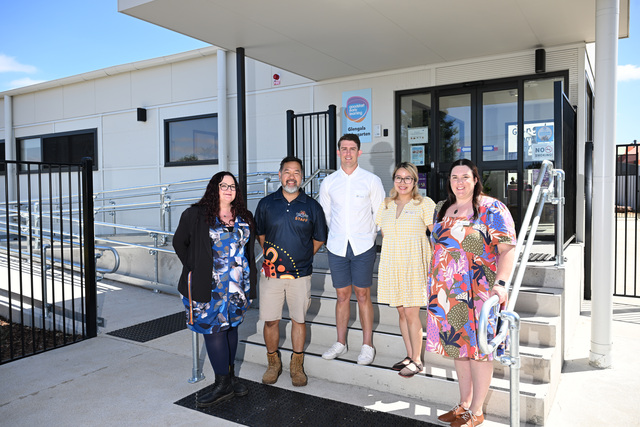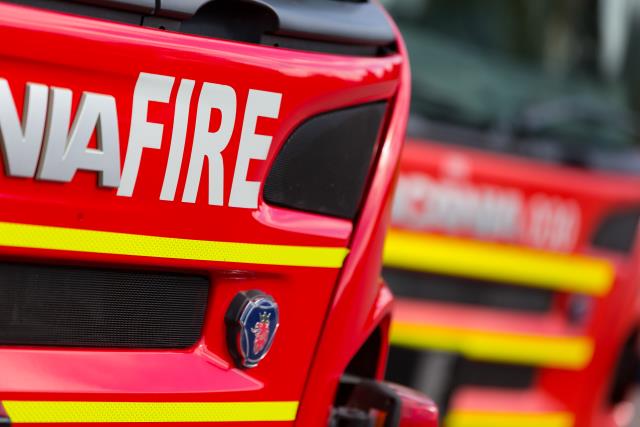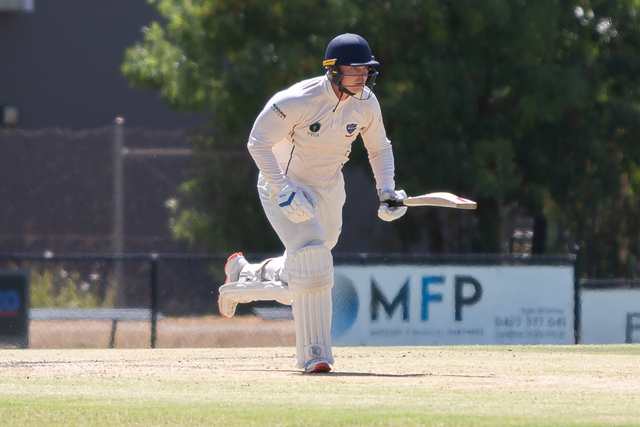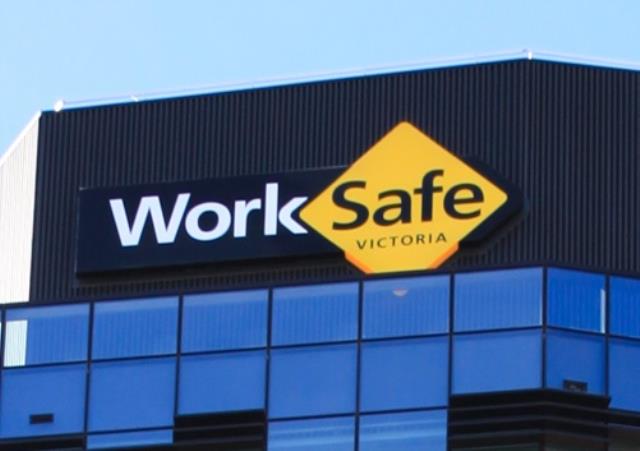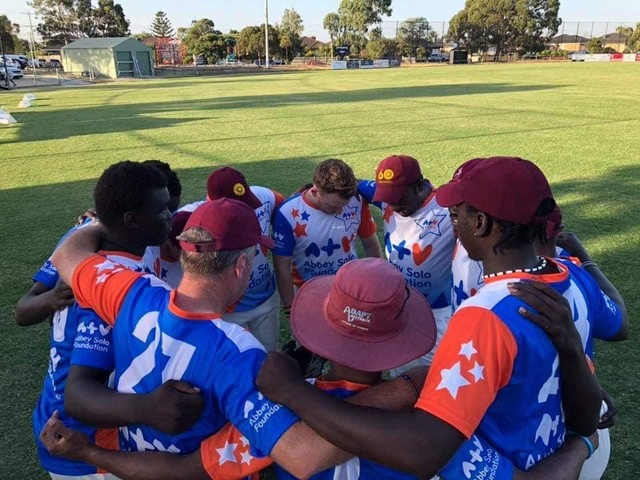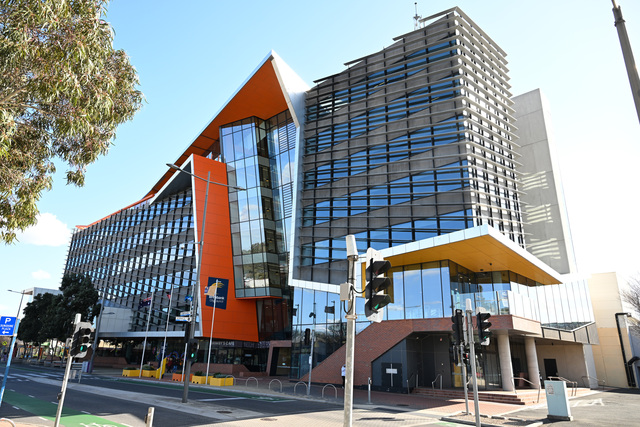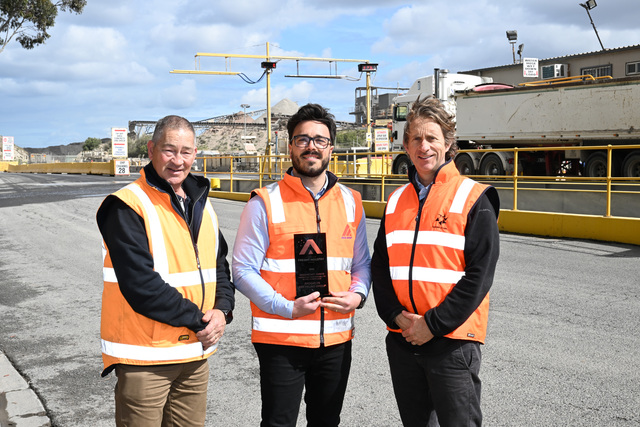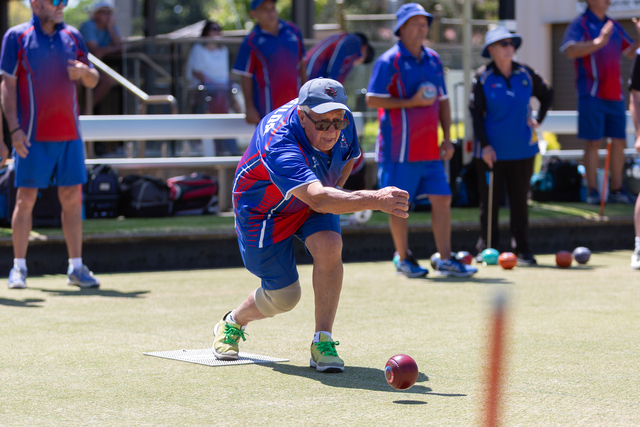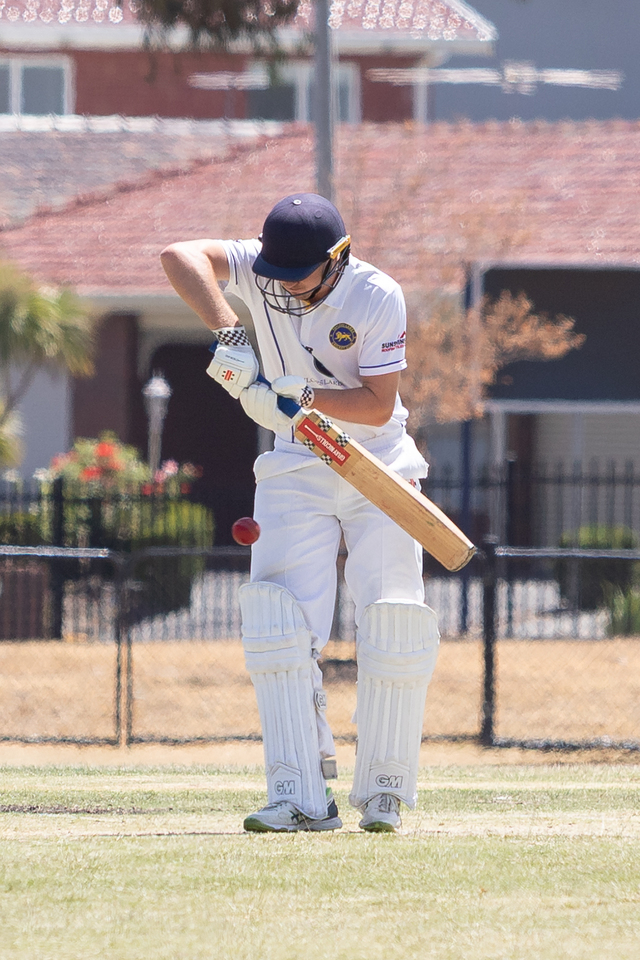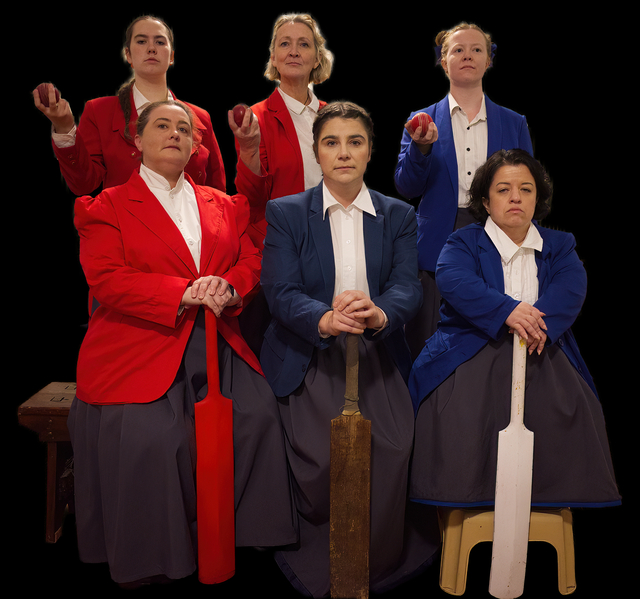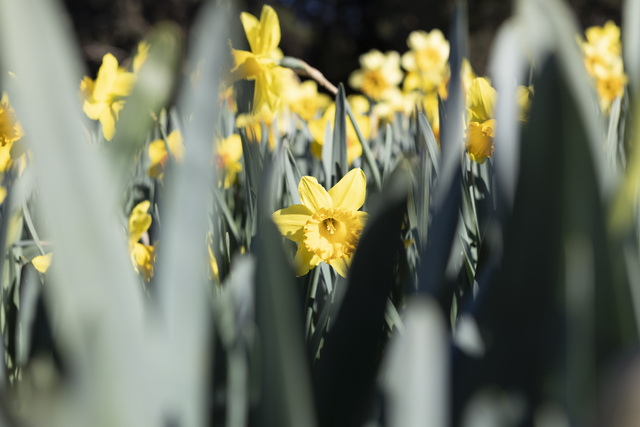There is often a purpose or underlying message in SBS productions. Is that the case for Sunshine?
I’m not from SBS, but obviously make programming for SBS. This is part of a new batch of four-part mini-series.
They’re [SBS] definitely wanting a contemporary story that revolves around a community that gives us some sort of insight, and further explores that community … I suppose we get an understanding of the challenges and opportunities for whatever the community is, so in this case it’s the South Sudanese community.
They like a crime drama because for four parts the stakes are high and people can get into it immediately, so that’s often a template.
How did you go about researching the South Sudanese-Australian community?
We’ve spoken to lawyer Kot Monah of Slater and Gordon, we spoke to New South Wales and Victorian residents to get the South Sudanese community as a whole to embrace us.
In Melbourne, you have a lot more of the Apex gang front page news, less so in Sydney. So they were fearful it would be sensational and focus on the less positive aspects of the community.
So we talked about our track record and got them embracing the project. Because even though it’s a crime drama, the boys are suspects in what appears to be a hit-and-run type of case, so we go through the whole criminal justice process to find out whether they were or weren’t involved in the incident, and it becomes a question of what actually happened on that night.
That’s inter-cut with the basketball scenes, because one of the boys, in particular, is a very promising young basketballer to the point where US scouts are starting to take notice of him.
Obviously, if he gets a criminal charge that means his whole professional career comes to nothing. So the stakes are pretty high for him. That broad brushes what it’s about.
Was there anything members of the local South Sudanese community told you that you thought you should incorporate into the plot?
When we pitched it initially, we said it was a sports and crime drama, we talked about Friday Night Lights, which is about a US gridiron team. Speaking to representatives of the community, they also highlighted some of the other challenges.
A key thing is education, particularly young boys leaving school early.
It’s difficult because often families come from very traditional, quite strict backgrounds and domestic situations and then come to Australia, which is very liberal in its attitude.
Also, a lot of these families don’t have fathers because they’ve gone back to fight in South Sudan, some to fight in the civil war that’s still going on over there, so they’re quite sort of fractured family situations.
This makes it difficult for them to get jobs, so that’s why some of them are getting in trouble, whether it’s gangs or drugs.
We don’t explore that, but we certainly look at the situation.
Was it a coup signing LaPaglia and Lynsky to join the cast?
Yes, definitely. Look, SBS was fairly keen to get two high-profile cast members. Getting Anthony and Melanie was just great – they’re such distinctive faces.
Was the storyline based on the success of Thon Maker, the South Sudanese-Australian basketballer playing for the Milwaukee Bucks?
We had been developing this before he got in – there is no connection but there’s a nice resonance [in the plot], because the US scouts are keeping an eye on Jacob (the lead actor) for US college, one tier below the NBA.

